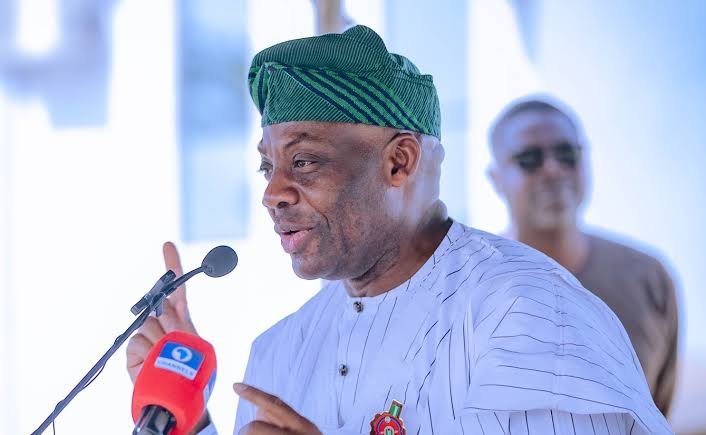A TOTAL of 27 states and the Federal Capital Territory have accessed ₦78.6 billion in Universal Basic Education (UBE) matching grants by mid‑2025, the Federal Government has revealed.
In an update on Tuesday through the official X account of the Federal Ministry of Education, the amount represented a 65% surge compared to January.
According to the statement, the improved performance followed the implementation of the UBEC 2025–2030 Strategic Blueprint, which introduced a revised matching grant formula that prioritises equity, quality, accountability, and state‑specific service delivery in basic education funding.
“FG records major success as N78.6 billion in UBE Matching Grants accessed by 27 states & FCT by mid-2025, a 65% surge from January!
“This milestone follows the rollout of the UBEC 2025–2030 Strategic Blueprint, introducing a revised Matching Grant formula prioritising: Equity Quality Accountability State-specific service delivery,” the post read in part.
The rise in accessed funds was attributed to high-level advocacy efforts jointly carried out by the Federal Ministry of Education and the Universal Basic Education Commission (UBEC). These efforts, it said, included direct engagement with state governors and data-driven feedback that prompted more states to pay their counterpart funds.
The Ministry of Education reiterated that it remained committed to transparent reforms and ensuring that every naira spent delivers tangible improvements in Nigeria’s basic education sector.
Commenting on the development, Minister of Education Dr. Tunji Alausa described the results as evidence of “focused reforms and collaboration,” commending the states that have responded and urging others yet to act to do so quickly.
Recall that in August 2024, the Federal Government increased the statutory allocation for UBE matching grants from about ₦1.3bn to over ₦3.3bn per state. Under this arrangement, any state that provides an equivalent counterpart contribution can access a total funding pool of roughly ₦6.6bn.
The funds are intended to support projects such as building and rehabilitating classrooms, providing learning materials, training teachers, and other interventions, aimed at strengthening the quality of basic education across the country.






